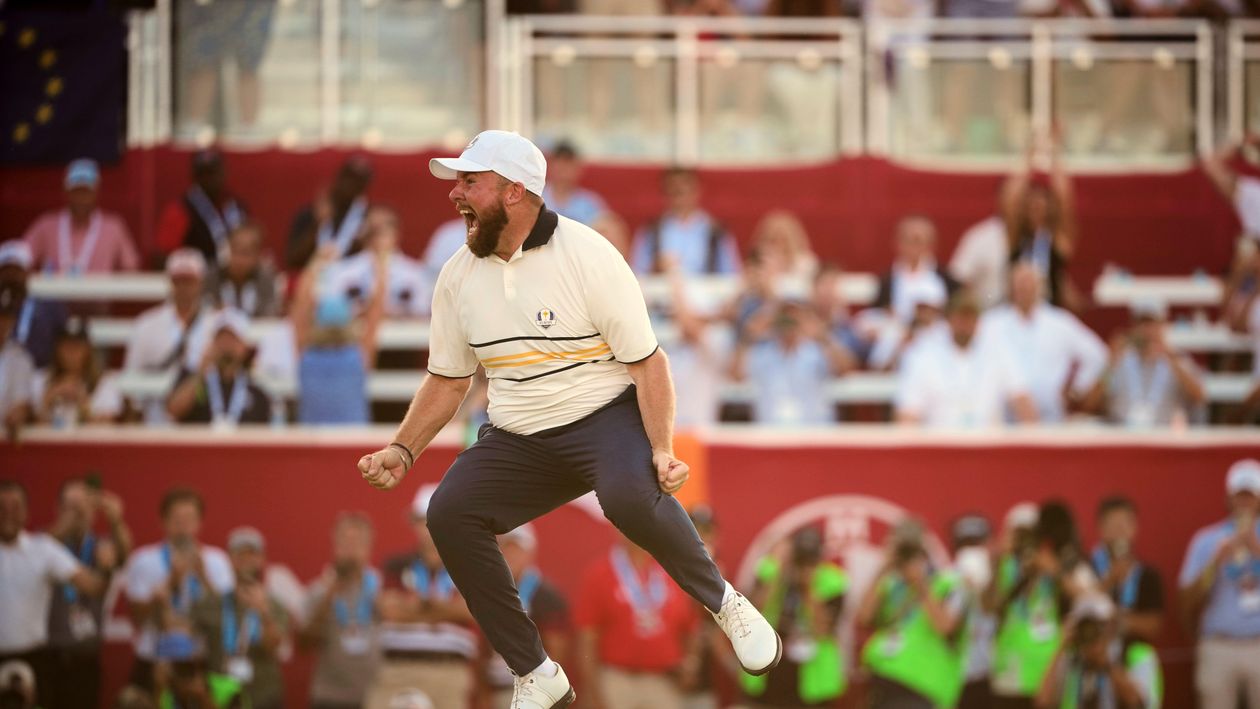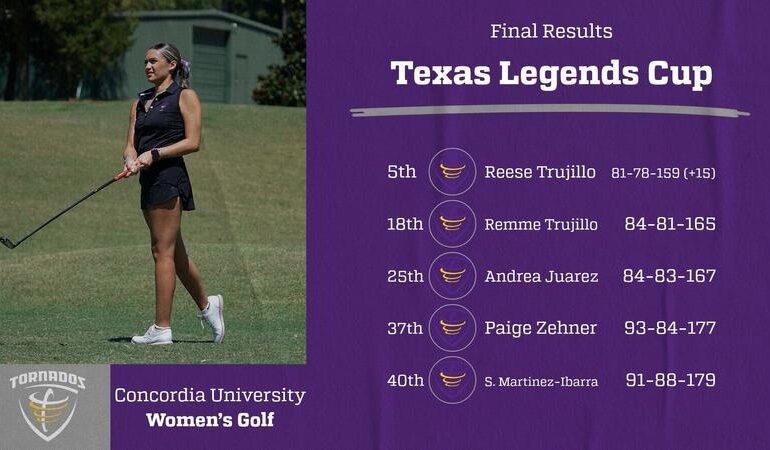Europe needed two and a half points and were on course for five or more. How to reconcile these facts with the idea that the Ryder Cup was still there for the taking?
Yet they were all of them right. Point by point, the United States crept and crept and suddenly, no blue left on the leaderboard, the comeback was on. Not Brookline, not Medinah, but altogether more stupefying. The Ryder Cup has locked into a multiplying cycle of the incomprehensible, every 13 years something new arriving to make what came before appear somehow ordinary.
Europe came to New York searching for 14.5 points but now, after Justin Rose and Tommy Fleetwood and Rory McIlroy had all lost the 18th hole, after Matt Fitzpatrick had lost a five-up lead, was the time to revise that number down. As Europe were stuck on 13.5, faced with an interminable wait for the matches they could still reasonably take points from to come into view, never had the number 14 felt so far away.
Then up stepped Shane Lowry, playing in his third Ryder Cup, once a winner in Rome but yet to match the reputation he has as the beating heart of the team with his play on the course. At Bethpage he did that, first on Saturday night and then that to a factor of 50 on Sunday, when he birdied the 15th, 16th and 18th holes to salvage half a point and allow Europe to lock the Ryder Cup away for another two years. When the case opens again, it will be in Ireland. Whatever role Lowry plays there, he will do so with his legend cemented.
Sir Nick Faldo, commentating, was quick to reference Eamonn Darcy, who defied a poor Ryder Cup record to will his ball into the hole and win it in 1987. Almost 40 years later, Darcy was one of the voices of Europe’s ‘Our Place, Our Time’ video, released just before play began. One day, because of these moments, moments he called the hardest of his golfing life, Lowry will be a worthy part of something similar.
We will never know how this would have felt for Europe had his been the final blue half-point added to the score thanks to Tyrrell Hatton, who played the role of Francesco Molinari to Lowry’s Martin Kaymer. The relief when he did so was palpable and while so was the sense of dejection among a US camp which really had been allowed to believe, among their squad must also be a sense of pride which had been absent until Sunday.
Keegan Bradley might have been appointed for all the wrong reasons and he might have made some mistakes, but few would begrudge him this retribution of sorts. His team fought hard for him, none more so than Bryson DeChambeau, who displayed great character to overturn an enormous deficit. Those putts of Cameron Young and Justin Thomas do not fade into nothingness now: both should take heart from the way they kept hope alive far later into the evening than had ever seemed plausible.
As for Luke Donald, it was typical of the man that his first words were for the United States and their captain, before he spoke of how his players will go down in history now.
The truth is that not one of them belongs above him: six times a player or captain, six times a winner. Donald is a bonafide all-time great, his personal strike-rate better than anyone’s, his captaincy having raised the bar higher than anyone thought possible when he was called up as a late replacement for Henrik Stenson. Bradley called him the greatest European captain of all time. He is of course right.
Perhaps the difference between these sides was Donald. Perhaps it was the putter. Perhaps it was the fact that the United States proved better apart than they ever were together. Perhaps this was simply golf, again: nonsensical in every way, meaningless yet never more meaningful than when Europe shows this kind of skill and strength in the face of a turnaround which would have haunted them forever.
Now that it’s done, the final word belongs to them. However they did it, however close it somehow was in the end, Europe came to New York, they faced the worst of this competition’s excesses, and they emerged as winners. Oh god, Rory’s crying again. I’m done.







